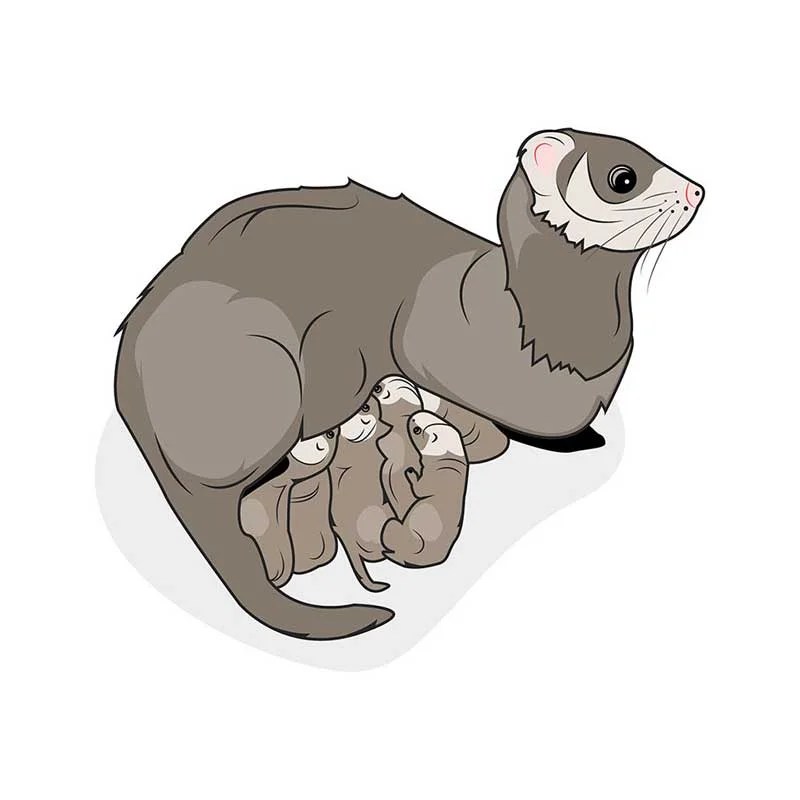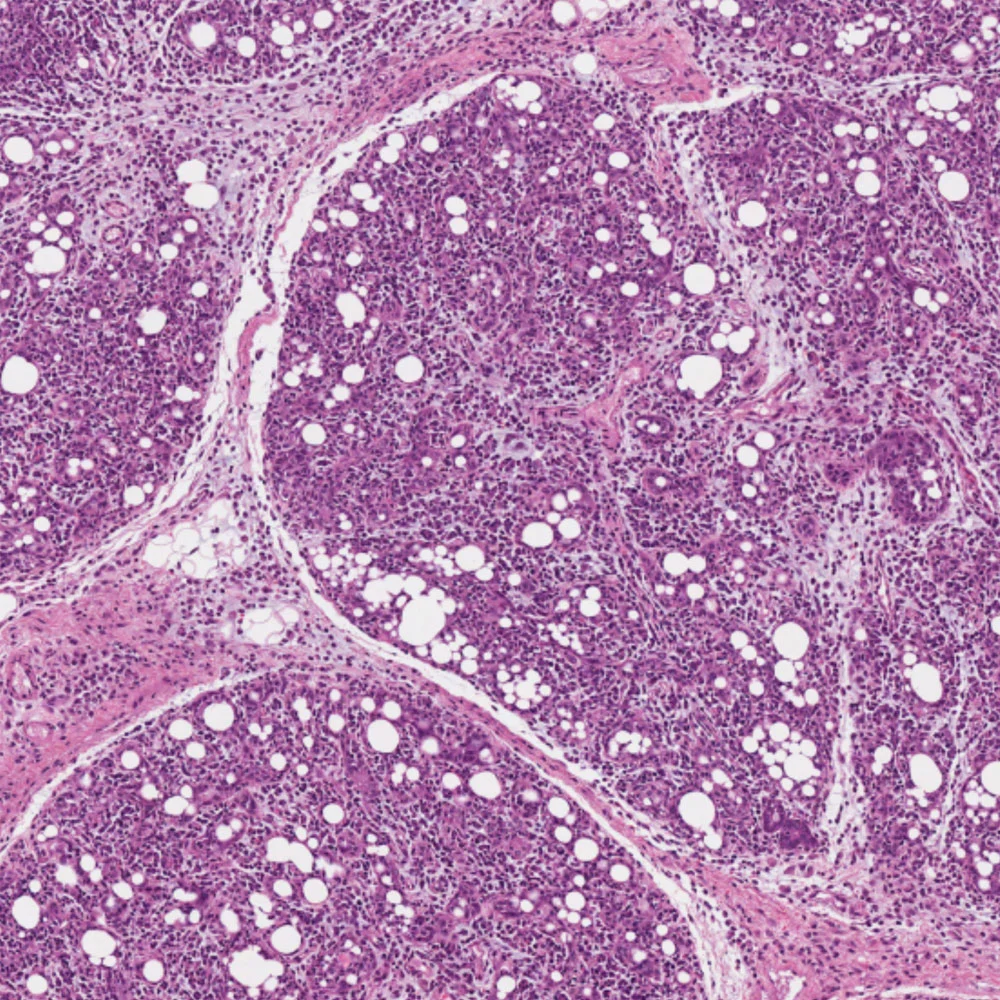Research - Ongoing Projects
My research is focused on the intersection of host pre-immunity and influenza infection/vaccination. The goal of my work is to understand how previous infections influence the outcome current vaccination and new viral challenges. This knowledge is then used to build the next generation of vaccines.
I use animal models, in vitro systems, and patient samples to obtain a picture of disease and its mechanisms.
I discovered that lactating mammary glands are susceptible to influenza infection. My work has been featured on the popular science shows TWIV This Week In Virology and the University of Cambridge’s The Naked Scientists.
Project 1. Viral Immune Imprinting and Preimmunity
The concept of infant adaptive immunity remains poorly understood and loosely defined, especially in the context of influenza virus and coronavirus infection. The paucity of information regarding immune responses during viral infections in the extreme young stems from the previous absence of a translatable research model. Using human epidemiological and serological studies, it has been proposed that a person’s first influenza virus infection during youth imprints the immune system thereby affecting immune responses to subsequent influenza virus infections later in life. This phenomenon is called “influenza imprinting” or “immune imprinting.”
I am currently investigating how imprinting of various influenza viruses and other respiratory viruses such as coronaviruses (SARS-CoV-2, NL63, and OC43) skew the individual immune responses during each subsequent respiratory virus infection. The findings from this project are significant to the design of future vaccines and vaccination strategies.
Project 2. Influenza Vaccination Mechanisms - The Search for a Universal Vaccine
This project aims to understand the interplay of the pre-immune host environment with the efficacy of vaccination specifically, COVID-19 and influenza vaccines. I have established pre-immune preclinical models that can be used for dissecting immunogenicity following vaccination with established and up-coming vaccines. Findings so far have shown significant differences in the clinical protective responses of pre-immune vaccinated hosts compared to the naïve vaccinated hosts.
Project 3. Emerging Viruses and pandemic preparedness
Emerging viruses are a constant but unpredictable threat to humans. As viruses emerge, there are many unknowns including host range, host susceptibility, pathogen reservoir, host tissue tropism, pathogenesis, transmission dynamics. Furthermore, the therapeutic treatments and prophylactic measures needed are often undefined.
I have established or been involved in several collaborations that focus on emerging pathogens in their countries of origin, for example MERS-Corona virus, Zika Virus and Chikungunya Virus. Having a facet of my research program devoted to emerging viruses allows the tools and disease models to be available for investigation of the emerging virus pathogenesis and the immediate development and testing of therapeutics. Influenza is a constantly emerging and re-emerging virus. Being ready for the next epidemic, pandemic, or zoonotic spillover of influenza or the previously uncharacterized novel virus is an important long-term goal of my research program.
Since the emergence of the novel coronavirus SARS-CoV-2 in 2019, I have implemented my emerging virus and pandemic preparedness project. The majority of research currently undertaken in my lab is focused on vaccine development for COVID-19.




